Indications for Surgical Resection of the Gastric Diverticulum
Howard J. Lee, Jr, BA, Alexander Perez, MD
School of Medicine (Mr Lee) and Department of Surgery (Dr Perez), Duke University Medical Center, Duke University, Durham, North Carolina, USA.
ABSTRACT
Introduction: Gastric diverticulum is a rare condition that has been surgically managed in the past for a wide range of symptoms. These symptoms include nonspecific reflux, pain, abdominal bloating, dyspepsia, vomiting, and oral fetor, alongside more serious complications such as hemorrhage or malignancy. Although complications, such as hemorrhage or perforation, clearly indicate surgical intervention, the question of when to pursue diverticulectomy in the case of other milder and persistent symptoms is still unclear. In the case of oral fetor, three previous case reports indicated complete resolution after diverticulectomy.
Case Description: A 65-year-old man with longstanding halitosis underwent an extensive workup including endoscopy, computed tomography (CT) of the abdomen and pelvis, and barium swallow. He was found to have a large gastric diverticulum and elected to undergo resection. There was no significant intraoperative blood loss, and postoperative recovery was uneventful. However, the patient continued to experience persistent oral fetor 5 months after the diverticulectomy and returned to previously used conservative measures, such as peppermint and chlorophyll.
Conclusion: Given the subjective nature of what a patient considers to be resolution of halitosis, our report presents an argument for conservative management of gastric diverticulum, even after alternative causes of halitosis have been investigated.
Key Words: Diverticulum, Halitosis, Laparoscopy, Stomach.



 Previous Article
Previous Article Next Article
Next Article